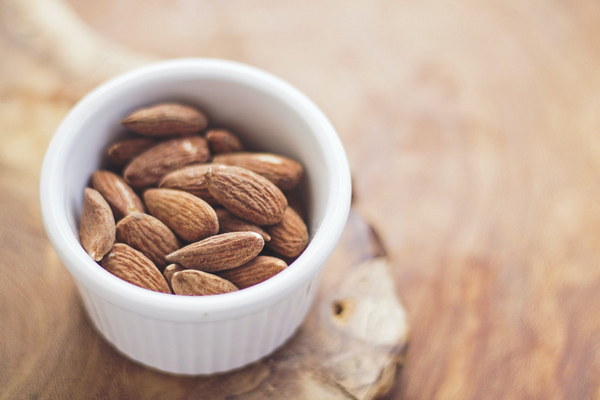Unlocking the Secrets to Men's Skin Care A Comprehensive Guide to Facial Beauty and Anti-Aging
In a world where skincare is often associated with women, men too can reap the benefits of a well-cared-for complexion. Achieving facial beauty and anti-aging for men involves a combination of understanding one's skin type, adopting a regular skincare routine, and incorporating healthy habits. Here's a comprehensive guide to help men unlock the secrets to facial beauty and anti-aging.
Understanding Your Skin Type
The first step in men's facial skincare is to identify your skin type. Men's skin can be categorized into four main types: normal, dry, oily, and combination. Knowing your skin type is crucial as it determines the products and treatments that will work best for you.
- Normal Skin: This skin type is well-balanced, with no excessive oiliness or dryness. It requires minimal maintenance.
- Dry Skin: Men with dry skin often experience tightness and flakiness. It's important to use moisturizers and avoid over-cleansing.
- Oily Skin: Men with oily skin tend to have larger pores and may be prone to acne. It's important to use oil-free products and keep the skin clean.
- Combination Skin: This skin type has both oily and dry areas, typically around the nose and chin. Tailoring your skincare routine to target these areas is essential.
Daily Skincare Routine
A daily skincare routine is essential for maintaining healthy skin. Here's a simple yet effective routine for men:
1. Cleansing: Use a gentle cleanser twice a day to remove dirt, oil, and impurities. This helps prevent acne and keeps the skin clean.
2. Toning: Toning can help balance the pH level of the skin and remove any remaining traces of dirt. Choose a toner suitable for your skin type.
3. Moisturizing: Apply a moisturizer appropriate for your skin type to keep the skin hydrated and supple. Men with oily skin may prefer oil-free moisturizers, while those with dry skin may benefit from heavier formulas.
4. Sunscreen: Protecting your skin from UV rays is crucial. Use a broad-spectrum sunscreen with an SPF of at least 30 every day, even on cloudy days.
Exfoliating and Anti-Aging
Exfoliating and anti-aging treatments are essential for maintaining a youthful appearance. Here are some tips:
1. Exfoliation: Exfoliate once or twice a week to remove dead skin cells and improve skin texture. Choose a physical exfoliant like a scrub or a chemical exfoliant like an acid for best results.
2. Anti-Aging Products: Incorporate anti-aging ingredients like retinol, vitamin C, and peptides into your skincare routine. These ingredients help reduce the appearance of fine lines, wrinkles, and age spots.
3. Facial Treatments: Consider visiting a dermatologist for professional treatments such as chemical peels or microdermabrasion to address specific skin concerns.
Healthy Habits
Healthy habits can also have a significant impact on your skin's appearance:
1. Hydration: Drink plenty of water throughout the day to keep your skin hydrated from the inside out.
2. Sleep: Ensure you get enough sleep as it allows your body to repair and regenerate skin cells.
3. Diet: A balanced diet rich in fruits, vegetables, and omega-3 fatty acids can promote healthy skin.
4. Stress Management: Stress can exacerbate skin issues, so find ways to manage stress, such as through exercise, meditation, or hobbies.

Conclusion
Facial beauty and anti-aging for men are achievable with the right combination of skincare, healthy habits, and lifestyle choices. By understanding your skin type, adopting a consistent skincare routine, and incorporating these additional tips, you can maintain a youthful and attractive complexion. Remember, the key to success lies in patience and consistency, as skincare is a long-term investment in your appearance and well-being.









